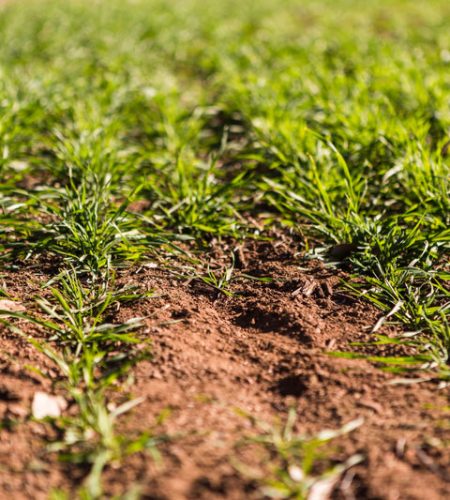Justine Cox
Project Leader
NSW Department of Primary Industries
Soil structure – the three‐dimensional arrangement of organic and mineral complexes and pore space – has a significant effect on nutrient and water transport, which affects plant performance. Alkaline dispersive soils dominate crop production throughout south-eastern Australia and are subject to severe structural degradation. These soils exhibit poor soil-water-air ratios that limit effective root growth, and as a result, yields are significantly reduced which is a major opportunity cost for growers.
Current strategies for the management of structural stability in Australian soils are mostly short-term measures aimed at minimising salt effects on plant production. More effective amendment formulations are needed to address structural instability and aggregates that slake, swell and disperse when wet. This project will use recent advances in soil-based nanomaterial manufacturing, biochar technology and soil microbiology, to design innovative organic-based amendments that will improve soil structural stability in alkaline dispersive soils.
A range of practices including sub-soil manuring, gypsum application and use of ‘primer-crops’ have been tested to address soil structural constraints, but the results have been unreliable and even resulted in financial loss to growers. Despite the demonstrated step change in crop yields that can be achieved by subsoil manuring, implementing this change in the industry has been limited.
This project has the potential to revolutionise the amelioration of multiple soil constraints by developing an improved formulation of organic-based amendments that has applications to several soil types and the broader agricultural industry. There are also significant opportunities for new industries using recycled organic waste to enhance the efficiency of conventional soil amendments. This will allow a major step forward in closing the yield gap in Australia.

